

1994 by the University
of Nebraska Press. All
rights reserved. Manufactured
in the United States
of America.  The paper
The paper
in this book meets the
minimum requirements of
American National
Standard for Information
Sciences Permanence of
Paper for Printed Library
Materials, ANSI Z39.48
1984. First Bison Books
Printing: 1995. Most
recent printing indicated
by the last digit below:
10 9 8 7 6 5 4 3 2 1
Library of Congress
Cataloging in Publication
Data. Morris, Gregory L.
(Gregory Lynn), 1950
Talking up a Storm:
voices of the new West /
Gregory L. Morris.
p. cm. Includes bibliographical
references (p.)
ISBN 0-8032-3169-5 (cl.:
alk. paper) ISBN 0-8032
8224-9 (pa.) ISBN 978-0-8032-
9982-5 (epub) ISBN 978-0-8032-
9984-9 (mobi) 1. American
literature West (U.S.)
History and criticism
Theory, etc. 2. West
(U.S.) Intellectual life
20th century. 3. Authors,
American 20th century
Interviews. 4. Authors,
American West (U.S.)
Interviews. 5. West (U.S.)
In literature. I. Title.
PS271.M67 1994
813-54093278 dc20
93-46326 CIP
The publisher does not have any control over and does not assume any responsibility for author or third-party websites or their content .
For my parents,
Lois and Leon Morris;
and for their grandchildren,
Katherine and Benjamin
ACKNOWLEDGMENTS
A project of this sort accumulates a sizable list of folks who need to be thanked, but I can think of a few who deserve special mention. First of all, I very much appreciate the support of Penn State-Erie, The Behrend College, whose awarding of a Behrend Faculty Research Initiation Grant made possible much of the travel required by this project. From Behrend I would also like to thank Michael Piotrowski, a student who in the early stages of this collection helped formulate directions the interviews might take; and Norma Hartner, who in the later stages worked her magic in transforming data-on-disk to actual words-on-paper.
For her constancy, for her goodness of heart and patience of ear, I give my thanks and my love to my wife, Gayle. She has heard more than she ever expected to hear of and from these writers, and has helped shape the spirit of this book more than she might ever know.
Finally, of course, I offer my deepest thanks to the writers whose voices fill this book. Were it not for their generosities of time and effort, were it not for their insight and eloquence, this collection would never have seen daylight. For those gifts, I am truly and forever grateful.
All photographs are by the author unless otherwise noted.
INTRODUCTION
a literature that surprises us and upsets our expectations of what we have come to define and know as Western American fiction.
In fact one of the most significant developments in recent American fiction has been the emergence of distinctive and new Western voices, voices that are at once literary and political, that seek both to demolish myth and to create myth anew. Though bound by geography at least by a gross geography these voices speak from a variety of ethnic and aesthetic origins, and inhabit a variety of landscapes.
These are not the voices, now, of the pulp Western, of Zane Grey and Max Brand and Louis LAmour, who spoke to preserve the persistent and cherished mythos of our American West. Nor are they the voices of an older generation of Western writers, figures whom John Milton once described as the upper crust among Western fiction writers, such as Wallace Stegner and Frederick Manfred, A. B. Guthrie and Dorothy Johnson, Walter Van Tilburg Clark and Wright Morris, Frank Waters and Larry McMurtry. These are the writers who have established the several tones of Western American fiction in the first half or so of this century and who have defined our expectations for that fiction Western fiction as we think it should be. These writers shared more or less the same vision of the West, that of a region whose splendid and varied past was slowly catching up to its present; a region whose historical identity spawned a pervasive and generally accepted mythos, one eagerly fed upon by a hungry national imagination; a region whose material and spiritual wealth had not yet quite been exhausted.
The writers I am talking about (and to) are born of a new generation and of a new aesthetic. Generally born after 1940, many of them (but not all) grew up under the artistic influence of the Stegner-Guthrie tradition, and are now seeking to redirect that tradition. They are writers born both in and out of the American West, writers who now live both in and out of the American West, but who write primarily of that American West in their fiction. And they are now gaining a national hearing, their work demanding and gaining the critical attention it has long been denied.
Of the many reasons for this increased attention, most important I think is the fact that these are writers who have struck certain chords within the national consciousness, whose concerns extend well beyond the region from which or of which they write. They write of the West because it is their West and our West, and because they recognize the significance of that landscape to both the artistic and the national imaginations. Yet they also write problematically of the West, a land caught up in the anguish of its own transition. Their visions are clouded by ambivalence, their voices hesitant and frequently skeptical. They stand in new and tense relation to the place of which they write, and to the writers who have written of that place before them.
Certainly, this younger generation of writers acknowledges its indebtedness to the established tradition of modern Western fiction; indeed, many of these newer authors studied with members of that older generation and cut their artistic teeth upon their mentors work. They openly and generously acknowledge their respect (but not their reverence) for these writers; they acknowledge their inheritance of certain elements of that tradition (elements of style, of vision). Indeed, many are just as fiercely protective and proprietary as their predecessors; literary range wars are not uncommon these days out West, and much creative time and energy is spent fencing off aesthetic territory. Outsiders, like homesteaders and sheepmen in the early days, are often suspect. But this younger generation enjoys a less coherent vision of both what the West and the Western writer should be. These writers are, in fact, what might be described as postmodernist and postregionalist writers.
For one thing, these men and women partake of a particularly ambiguous and ambivalent attitude toward place. They are much less concerned with the historical value of place, much less concerned, too, with what Max Westbrook called the sacrality of place.specific region , its writers now pushing the West beyond regionalism and toward integration. The geographic and imaginative vision of the West has broadened itself, it seems, in its slow, often reluctant evolution (America as region, Tom McGuane remarks). Finally, the impulse among the characters of this New Western fiction is more often to escape from the West than to escape to the West, an impulse that reflects a rejection rather than an embracing of the long-prevailing mythos.
These New Western fiction writers also stand in a slightly different relation to time than did the previous generation. They are less obsessed with the past, particularly the distant and the not-so-distant pasts, of the American West (historical stages defined by Richard Etulain as the frontier West and the regional West) and are more concerned with the present and future Wests. To be sure, our best Western writers (and our best writers, period) have always explored the moral complexity of our own peculiar history in our own peculiar geography. Jon Tuska remarks that the finest of our Western fiction writers
Next page
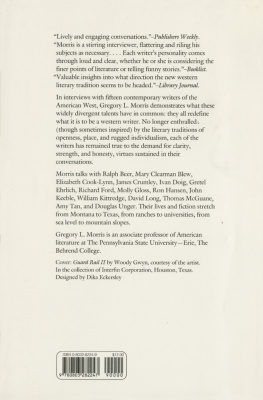

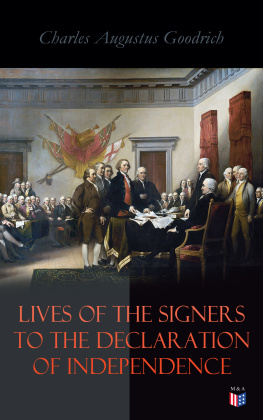
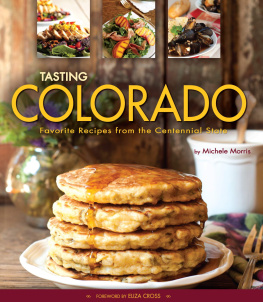

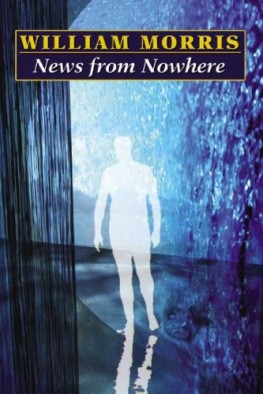
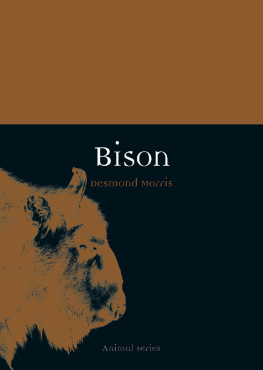
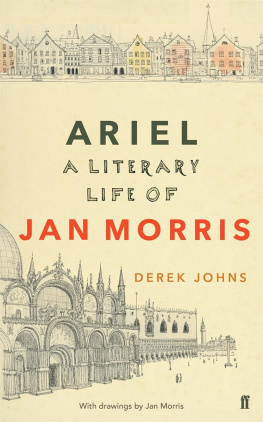

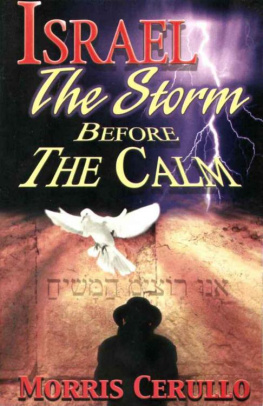



 The paper
The paper